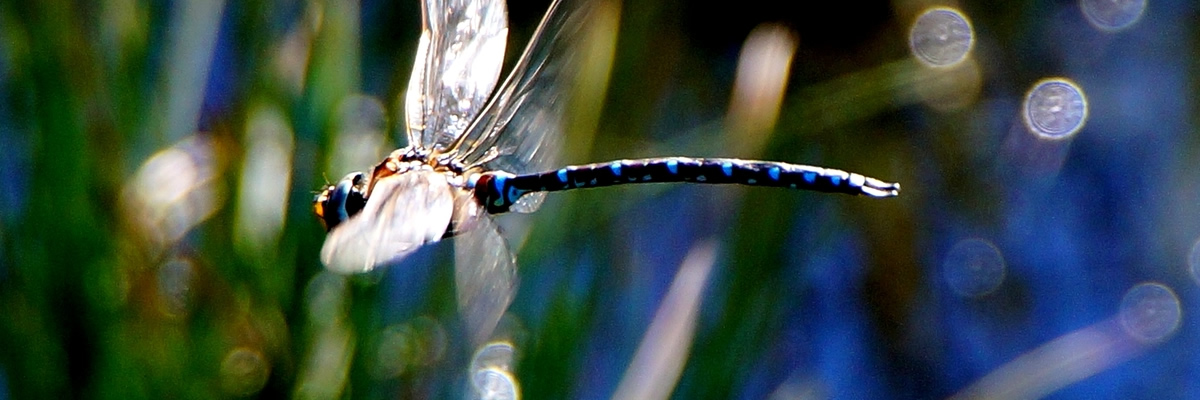
Council of Scientific Societies
At present, the Council of Scientific Societies of Czech Republic coordinates 77 scientific societies, representing natural science, medical, social, and technical sciences. They have about 25,000 members.
Council of Scientific Societies of Czech Republic web presentation
Members:
Their members are distinguished scientists, teachers, economists, politicians, students, and others interested in respective scientific fields.
Scientific Societies represent important unifying platform, both within particular fields and in interdisciplinary terms. They are the only institutions linking together experts from universities, Czech Academy of Sciences, and other departmental research institutions. The Societies are a meeting point of professionals with the public interested in a given field, they are open to students of all school levels and provide them with a possibility of informal meetings with scientists and teachers. The Societes are often of interdisciplinary character, and some of their scientific interests are even not represented in academic or other scientific institutions. Many of them are the only connection of our scientific public with international scientific bodies.
The main activities of scientific societies focus on organisation of national or international congresses, conferences, symposia, and workshops. Among important aspects of their activity is running scientific libraries open to the public. These libraries contain thousands of international books and journals, obtained exclusively by exchange for periodicals published by the Societies, often unique by standards of a given field. Publication of scientific and expert periodicals, both international ones and those of national focus, must be considered one of the most important aspects of their work. The Societies organised within the CSS publish, in a completely independent way, ten scientific journals and are members of international unions and associations. Some Societies contribute conceptually or by involvement in reviewing process to publication of textbooks, mostly for secondary schools. Many of them comment on current social situation, including bills. CLS is formed by representatives of particular Societies who vote nine-membered executive committee and the president.